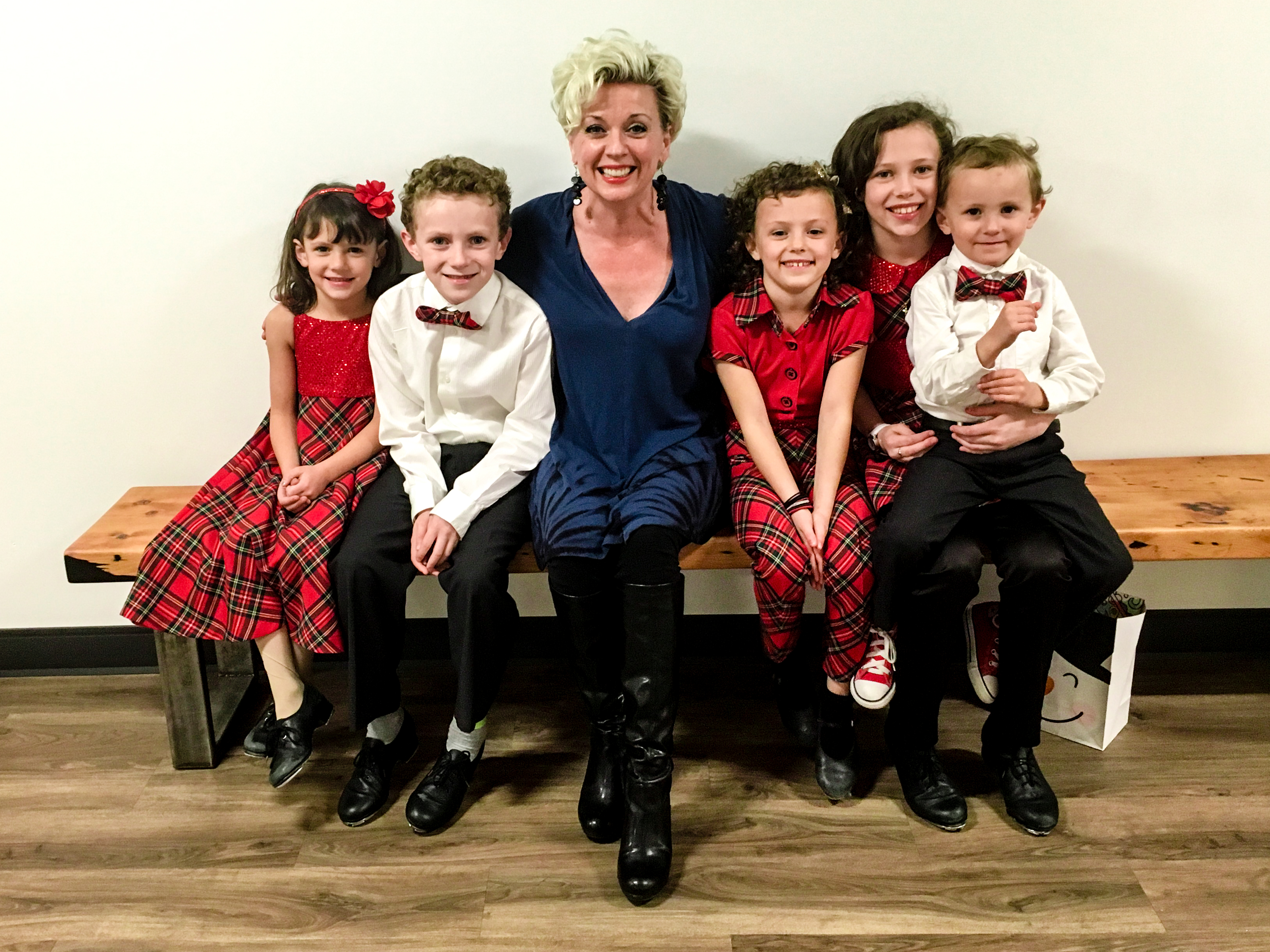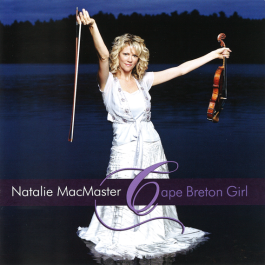

There were opportunities to visit Scotland, West Virginia.

He made national appearances on CBC’s Ceilidh and The John Allan Cameron Show.

I played every night, every Saturday night in the Labour Temple Hall in Inverness,” he once explained in an interview.ĭuring the 1950s, there were opportunities to be invited to play in North American cities colonized by Cape Bretoners whose long roots still reached all the way home. Although he played his first dance in Troy in 1939 at age 15, it was a decade later, in 1949, “I really began playing a lot. When he was transferred from Antigonish to the station in Mabou, Buddy’s playing at square dances grew more frequent. He also found that working nights, the station was frequently quiet, opening opportunities for him to practice his fiddle, playing for himself or train-waiting passengers. Fellow workers along the line recall Buddy playing them an end-of-shift set of tunes before they would go home. and ‘60s when a fiddler’s reward was more often applause and appreciation than cash.īuddy became a station master for CNR, a job he enjoyed and which allowed him to raise a family, but the fiddle was never far from the lunch can. It also flourished during a time through the 1930s, ‘40s, ‘50s. MacDonald, Hughie MacEachern, Bill Lamey, Angus Chisholm, Angus Allan Gillis, Sandy MacLean, Dan J. Out of that discovery, a willingness to listen, and to learn emerged one of Cape Breton’s great masters of the music that has, for centuries, helped feed the identity of who we are when we think of ourselves as Cape Bretoners.īuddy’s was a talent that flourished under the influences of Dan R. It was during one of those absences when the boy was eleven that Buddy discovered his father’s fiddle. His father, John Duncan, was a miner who eventually moved his family back to the island while he continued to travel for work. Among his first words was an infusion of tunes from hearing his mother, Sarah Agnes, jigging.īorn in Timmons, Ontario, Buddy was christened Hugh Allan MacMaster, the child of Cape Breton parents living and working in that north Ontario town. Long before dancers and audiences discovered the gift among us who was Buddy MacMaster, it was Buddy’s gift to discover within himself. With his passing, Cape Breton Island had lost a much loved musical voice, a gentle man whose fiddle had brought dancers to their feet in parish and community halls for several decades, and whose talent was as at home at Carnegie Hall as in the Glencoe Station Hall. A silence, sadder that the slowest slow air, followed last Wednesday’s news that Buddy MacMaster has died.


 0 kommentar(er)
0 kommentar(er)
